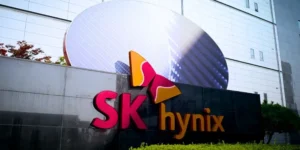Chromebooks have gained significant traction recently, especially in educational institutions and budget-conscious households. With their lightweight design, cloud-based operating system, and affordability, they pose an increasingly relevant question: can Chromebooks truly replace traditional laptops? While they shine in certain areas, they still fall short for more advanced users.
Simplicity and Speed as Strengths
Chromebooks boot up in seconds and offer a clean, distraction-free interface based on Chrome OS. They’re more than capable of everyday tasks like browsing, word processing, video calls, and streaming. Their speed, security, and efficiency make them ideal for students, seniors, and light users who don’t need resource-heavy applications.
Limitations in Software and Compatibility
The biggest hurdle for Chromebooks is software compatibility. They can’t run traditional Windows or macOS programs, which many professionals and creatives rely on. While web-based apps and Android support cover some ground, power users in fields like video editing, software development, or CAD design likely find Chromebooks too limiting.
Cloud-First Design Works Mostly
Chromebooks are built for the cloud, encouraging users to store and operate everything online. This model works well with a consistent internet connection but becomes problematic offline. While some apps offer limited offline functionality, they’re still no match for the complete local control provided by traditional laptops.
Great for Education, Less for Enterprise
In education, Chromebooks are a success story. Their affordability, manageability, and durability make them perfect for classroom use. However, in enterprise settings requiring specialized software, internal networks, or powerful multitasking, Chromebooks remain supplementary tools, not primary workstations.
Conclusion
Chromebooks are undoubtedly an innovative solution for casual use, education, and cloud-centric workflows. However, traditional laptops still hold a critical edge for professionals, gamers, and creators who need flexibility, high performance, or advanced software. While Chromebooks can sometimes replace laptops, they are not yet a universal substitute but rather a practical alternative in specific contexts.










